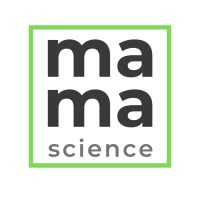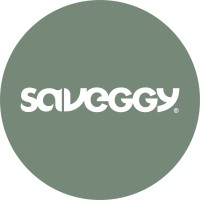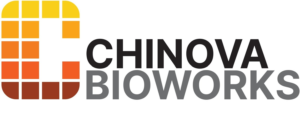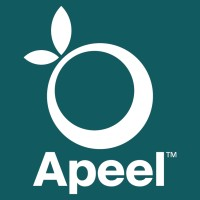Extending the shelf life of food is no longer just a matter of convenience—it’s a strategic imperative. With approximately 40% of global food waste linked to expiration issues, the need for innovative solutions is pressing. At a time when food security is under increasing pressure from climate change, supply chain disruptions, and a growing global population, maximizing shelf life means more than reducing waste—it means ensuring more people have access to safe, nutritious food. From smart materials to predictive analytics, a new generation of startups is redefining how we preserve food, reduce losses, and build more resilient, sustainable supply chains. Here are seven standout companies leading this critical transformation:

- Mama Science – Biomimetic coatings inspired by nature
Mama Science has developed Biomact, a biodegradable coating inspired by natural protective barriers. Applied directly to fresh produce or packaging, it extends shelf life by up to 70% by reducing dehydration and microbial activity. This clean-label innovation not only curbs waste but also eliminates the need for synthetic preservatives.
- Alkelux – Smart packaging with antimicrobial power
Alkelux creates active packaging solutions using natural compounds extracted from licorice byproducts. Their antimicrobial nanopolymer technology inhibits microbial growth, potentially tripling shelf life without direct food contact. With no heavy metals involved, their solution aligns with clean-label trends and enhances food safety through intelligent materials. - Tomorrow Foods | Intelligent refrigeration for smarter storage
Tomorrow has developed a smart fridge technology that uses sensors and AI to monitor food freshness in real time. By tracking spoilage indicators like gas emissions, temperature fluctuations, and humidity, their system helps consumers and retailers reduce waste by optimizing storage conditions and recommending consumption timing. This innovation turns a passive appliance into a food-saving engine. - Saveggy – Edible coatings to replace plastic wrap
Saveggy addresses shelf-life and packaging waste in one stroke. The startup has developed an edible, plant-based coating that preserves the freshness of vegetables like cucumbers without the need for plastic film. Their solution extends shelf life by minimizing dehydration and microbial growth, offering a clean-label alternative to conventional packaging. - Chinova Bioworks – Natural preservatives from mushrooms
Using the antimicrobial properties of chitosan derived from white button mushrooms, Chinova Bioworks has created a clean-label preservative that extends shelf life without synthetic additives. Their ingredient, Chiber™, is designed for use in beverages, dairy, and plant-based foods, appealing to brands seeking natural preservation methods without compromising safety or flavor. - I-Challenge – Predictive shelf-life testing for manufacturers
I-Challenge targets food waste at the production level with a powerful combination of rapid testing kits and predictive software. Their platform enables producers to accurately assess shelf life in real time, helping optimize formulations, reduce recalls, and minimize early-stage waste. With nearly 50% of food waste occurring before products even reach the shelves, I-Challenge’s proactive approach offers substantial impact. - Apeel – Nature-based barriers that slow spoilage
Apeel has created a plant-derived coating that slows water loss and oxidation, significantly extending the shelf life of fresh produce. Approved by major regulatory bodies, their invisible layer is applied post-harvest and has already helped retailers around the world cut shrinkage and improve supply chain efficiency. Apeel’s technology exemplifies how nature-inspired science can solve systemic problems in food waste.
These innovations signal more than just incremental progress—they represent the beginning of a technological renaissance in food preservation. As IoT devices, AI-powered analytics, and bio-based materials continue to mature, they are reshaping the way we manage freshness from farm to fork. What was once an invisible process—spoilage—can now be measured, predicted, and prevented. In the coming years, we can expect shelf-life management to become not just a quality control measure, but a strategic pillar for retailers, producers, and consumers alike. The future of food will be fresher, smarter, and significantly less wasteful.





